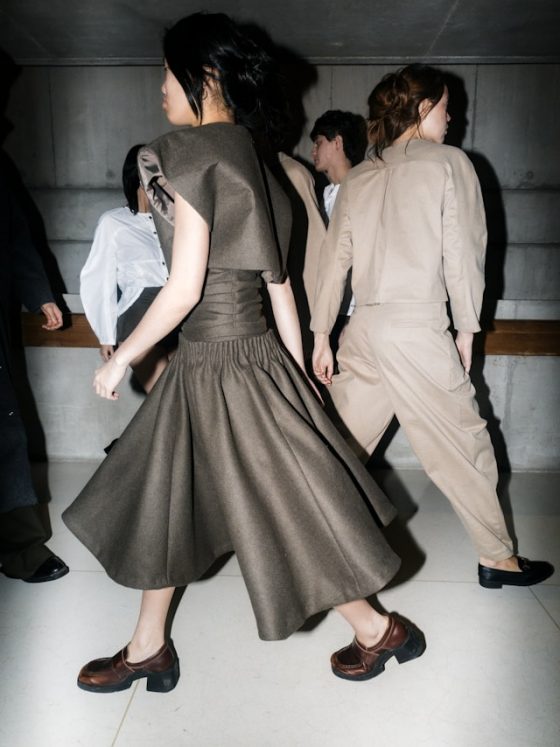Novels, TV series, or video games… fantasy is no longer reserved for geeks or teenagers. In recent years, it has been winning over a female audience seeking escape, power, and coming-of-age stories.
Long confined to male archetypes or stereotypical worlds, fantasy is currently undergoing a radical transformation. Authors like Sarah J. Maas, Rebecca Yarros, and Samantha Shannon are introducing new, complex, feminine, and often ambivalent heroic figures.
These fantastical tales become journeys of reconstruction and empowerment, where magic blends with intimacy. The backdrop is a quest for identity, emancipation, and a reappropriation of the imagination, by and for women.
A new generation of heroines
In contemporary fantasy, heroines are no longer content to be foils to male heroes. They become the pillars of the story, with their strengths, their wounds, their contradictions. Feyre in “A Court of Thorns and Roses” or Poppy in “From Blood and Ash” embody this complexity.
Sensitive warriors, vulnerable mages, or torn queens, they reflect modern dilemmas surrounding power, desire, and free will. This shift is often accompanied by a more introspective style, where emotions and relationships play as central a role as combat or magic.
A very contemporary initiatory quest
Fantasy tells the story, at its core, of a metaphor for transformation. Each challenge faced, each world explored, each power discovered also represents a path to self.
For many readers, these stories echo their own struggles: overcoming pressures, surviving trauma, and reclaiming their voice. Fantasy thus becomes a refuge, but also an emotional laboratory. The supernatural serves to explore reality as the body, sisterhood, fear, and resilience.
A re-evaluation of feminine sensitivity
Far from being limited to the epic or the spectacular, contemporary fantasy subtly explores the themes of connection, vulnerability, and healing. Some sagas emphasize so-called “feminine” knowledge: healing with plants, intuitive knowledge, communication with spirits.
We also find a more inclusive approach to power, often collective, where heroism is expressed through the ability to protect, love, or forgive. A way of re-enchanting the world while reinventing it.
When the imaginary becomes political
Reading fantasy also means resisting the uniformity of dominant narratives, the standardization of emotions, and the demand for performance. It means asserting the right to imagination, to slowness, to ambiguity.
In an era saturated with rationality, crises, and technology, fantasy worlds reconnect us to archaic and profoundly human impulses. They become a space of projection and transformation where everything becomes possible again, especially for those who have long been excluded from narrative power.





























Follow us on Instagram